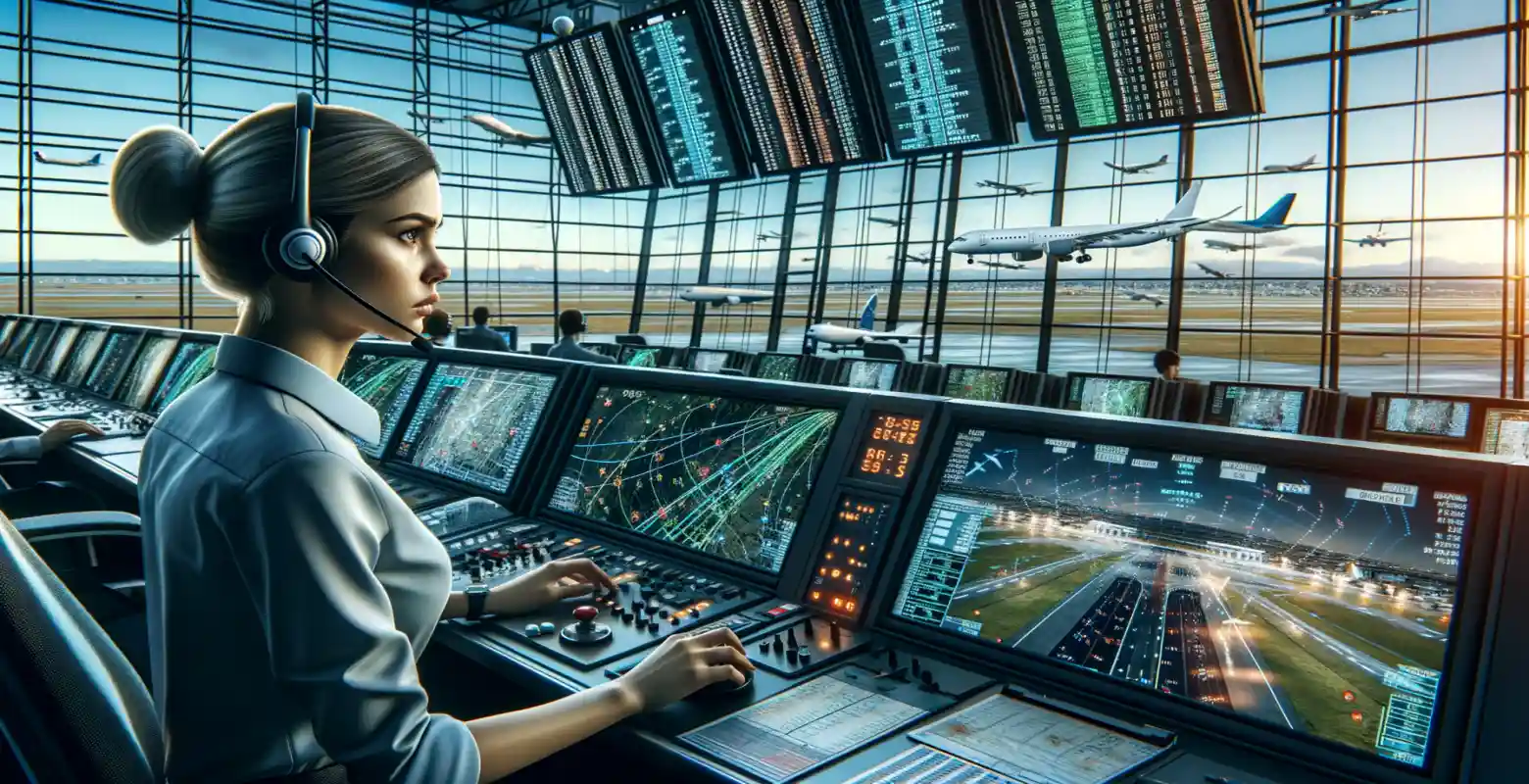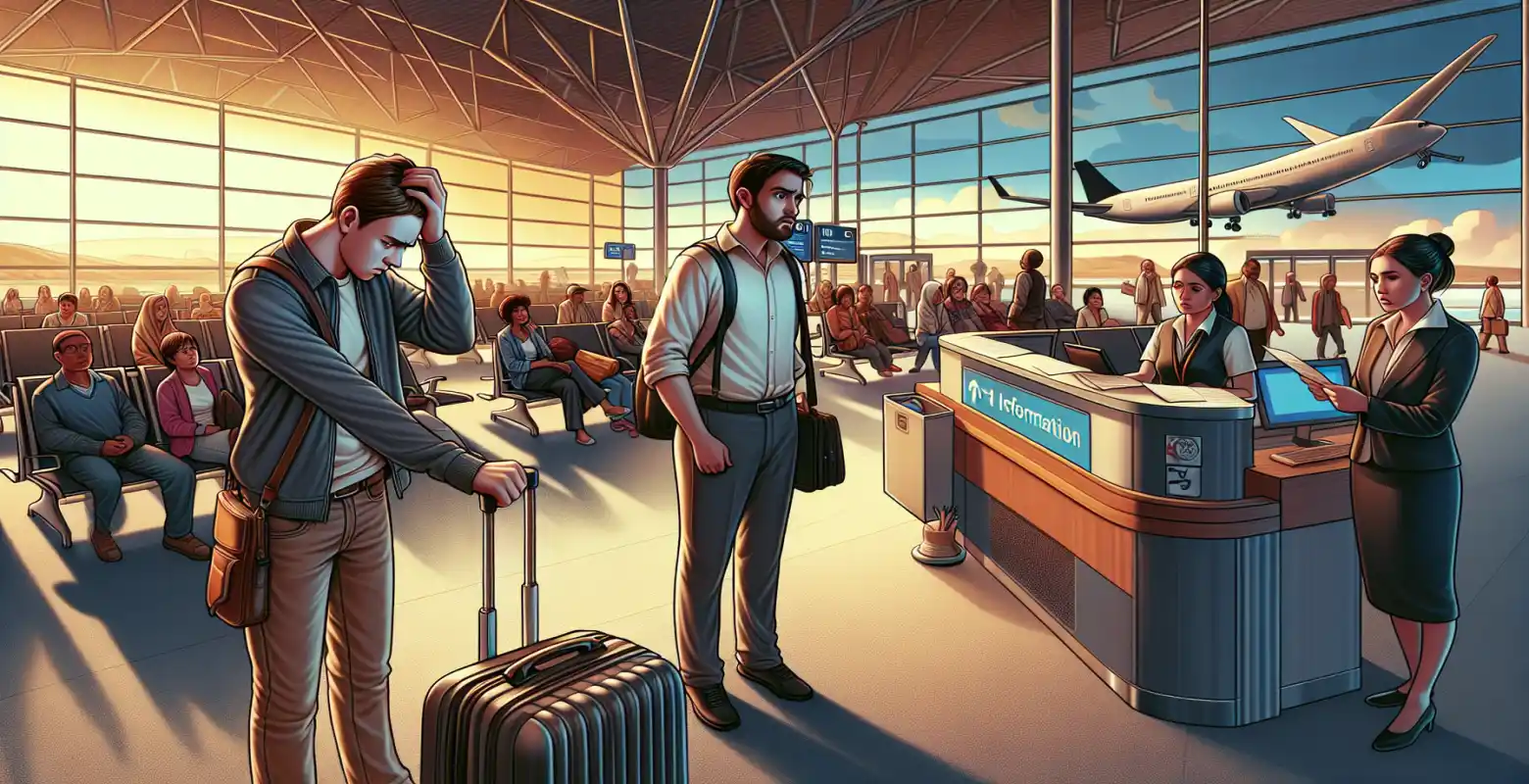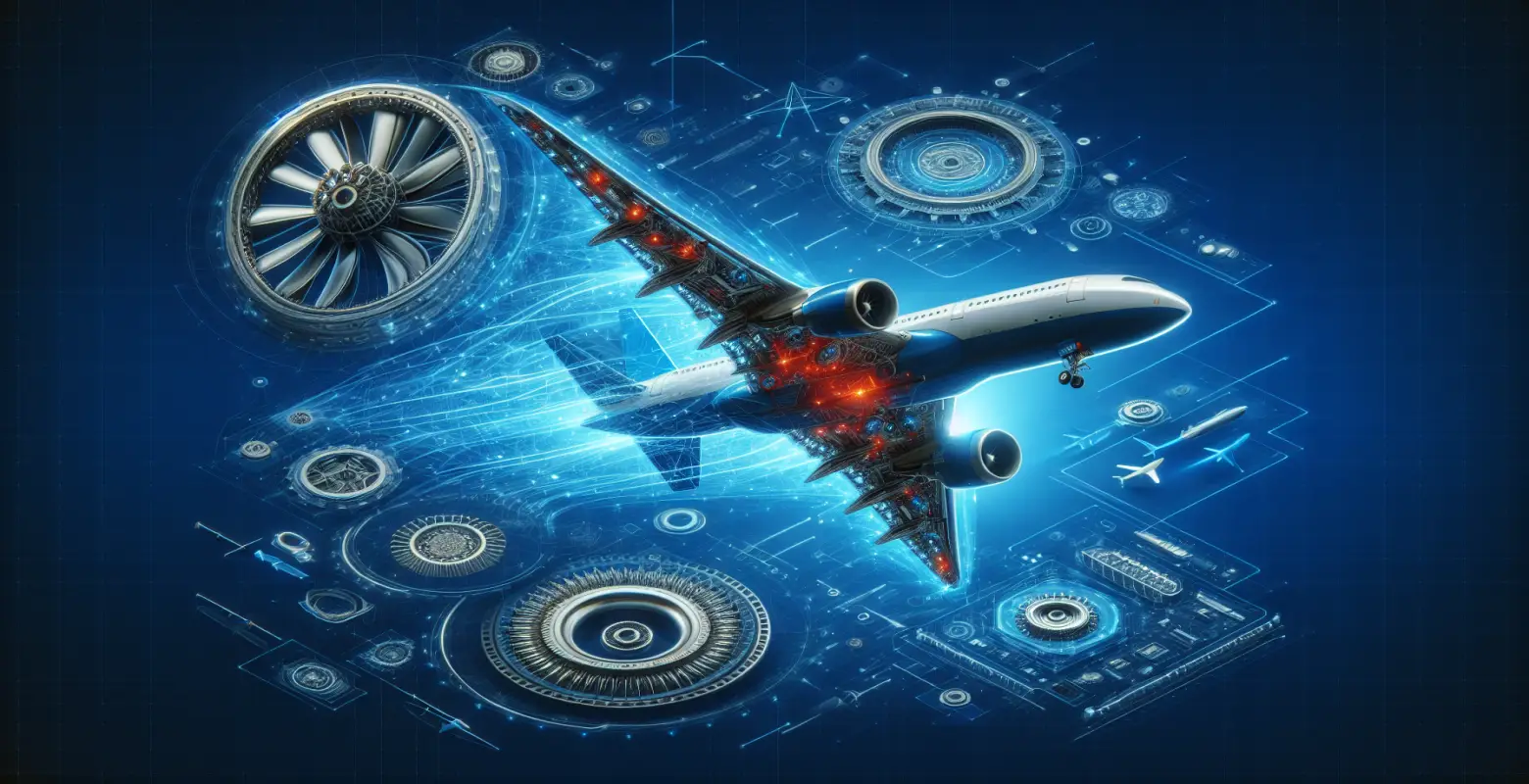Air traffic controller job
Introduction
The job of an air traffic controller is one of the most demanding and responsible professions in the world. Air traffic controllers play a crucial role in ensuring safety in the sky, managing aircraft traffic both in the airspace and at airports. In an era of increasing air traffic, this role becomes even more significant, making this topic extremely current and important. In this article, we will take a closer look at various aspects of the work of an air traffic controller, their daily duties, professional requirements, challenges, and future trends in this field.
Role of an Air Traffic Controller
An air traffic controller is responsible for coordinating and managing aircraft traffic in the airspace and at airports. Their main task is to ensure safety and smooth flow of air traffic. Controllers work in control towers, en-route control centers, and approach control facilities, where they monitor aircraft movements using advanced radar systems and radio communication.
The primary function of a controller is to ensure that aircraft maintain a safe distance from each other, both in the air and during take-off and landing. Thanks to them, hundreds of thousands of passengers can safely reach their destinations every day. This profession requires not only advanced technical knowledge but also the ability to make quick decisions under time pressure.
Professional Requirements and Qualifications
To become an air traffic controller, a candidate must undergo a rigorous recruitment and training process. In Poland, as in many other countries, at least a secondary education is required, although individuals with higher technical education are preferred. Proficiency in English, which is the international language of aviation, is also crucial.
Candidates must pass a series of psychological and aptitude tests that assess their concentration skills, ability to work under pressure, and capacity for quick and precise decision-making. After successfully completing the recruitment process, future controllers participate in intensive training covering both theory and practice, often using flight simulators.
Daily Duties of a Controller
The work of an air traffic controller is divided into various areas of responsibility, depending on the location and type of airspace they manage. For example, controllers working in control towers are directly involved in take-offs and landings, while controllers in en-route centers manage traffic at high altitudes.
Every day, controllers must monitor various parameters such as speed, altitude, and heading of aircraft, while maintaining constant communication with pilots and other controllers. This job requires maintaining a high level of concentration for long periods and the ability to react quickly to changing weather conditions and other unforeseen circumstances.
Challenges and Responsibility
The profession of an air traffic controller is associated with immense responsibility and numerous challenges. One of the biggest challenges is the constant monitoring and management of a large amount of data in real time. Controllers must be prepared to make quick decisions that can directly impact flight safety.
The stress associated with this profession is significant due to the need to maintain constant attention and concentration. Therefore, controllers work in shifts, allowing for regular breaks and rest to maintain a high level of efficiency and minimize the risk of errors.
Future and Trends in Air Traffic Control
As in many other fields, technology plays an increasingly important role in air traffic control. Advanced automation systems, artificial intelligence, and digitization of processes are becoming more common, aiming to increase the efficiency and safety of aviation operations.
One of the key trends is the development of air traffic management systems that allow for more efficient use of airspace, which is particularly important in the context of growing air traffic. The development of drone technology and their integration with the existing air traffic control system present new challenges and opportunities for controllers.
It is expected that in the future, the role of an air traffic controller will evolve, with a greater emphasis on managing systems and making strategic decisions rather than routine operations that can be automated.
Summary
The job of an air traffic controller is not only highly demanding but also extremely important for ensuring aviation safety worldwide. This profession requires specific skills, stress resilience, and the ability to make quick decisions. Faced with the dynamic development of technology, controllers must be prepared for continuous improvement and adaptation to new tools and systems. Despite the challenges that come with this job, it also provides immense satisfaction and a sense of participation in a key element of the global transportation system. Therefore, this profession will continue to attract individuals seeking a responsible and dynamic career.






Number of comments: 0